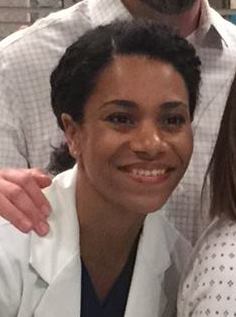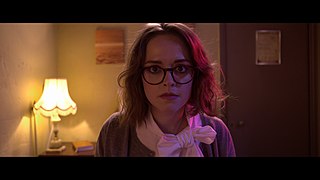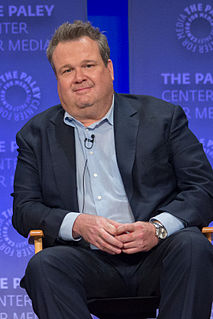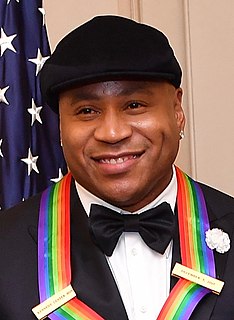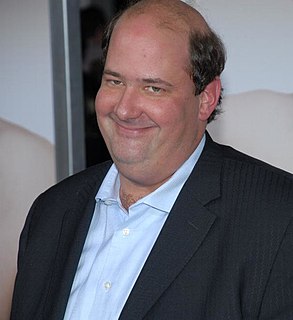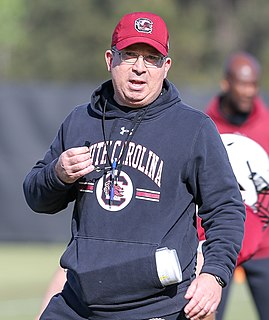A Quote by Diedrich Bader
One of the defining things about my career on camera is I like to play different characters. That gets difficult to do. People don't trust you to do something different. In animation, it's all about trust and how far can you go away from yourself. It's a really marvelous environment that's extremely creative.
Related Quotes
Acting is a job you can learn a lot in. You get to play lots of different characters with different professions and different backgrounds; they come from different places than you do, so it's really fun when you're immersing yourself in that world of that person to learn about how other people's lives are.
I feel like I've been very lucky with the directors. The characters I've been offered, especially lately, have given me the opportunity to play all of these different women. I always wanted that, and it's something that you cannot do by yourself. If you want to play a diversity of characters, somebody else has to have the imagination to give you a role completely out of the box. We depend on somebody else's trust, and these directors are giving me their trust, and I am grateful for that.
It's so much more fun to do the work than to talk about it. I will have to admit that. Everybody gets to decide how they feel, and what to take away by themselves, and that's what you hope for. That people will take away different things and have different experiences from the work we do as actors. So I don't like to prescribe how to feel about the work I do.
I tell my students, it's not difficult to identify with somebody like yourself, somebody next door who looks like you. What's more difficult is to identify with someone you don't see, who's very far away, who's a different color, who eats a different kind of food. When you begin to do that then literature is really performing its wonders.
When the trust is high, you get the trust dividend. Investors invest in brands people trust. Consumers buy more from companies they trust, they spend more with companies they trust, they recommend companies they trust, and they give companies they trust the benefit of the doubt when things go wrong.
So in terms of a large part of the job on our show specifically, what makes the show complex and interesting and funnier are the conversations about "Where's the camera?" and "How aware are the characters of the camera? Are the cameras hidden for this shot? Is it a spy shot from far away? Or is it really close and in their face, and they sort of have to play to it in an embarrassing situation?" There's a whole other level of questions and choices that come into play on our show that are not even a factor in anything else.
Jack [Nicholson] really knows about the camera. He's one of the directors who likes to play with the camera. He'll change things around, play with lighting, things like that. He'll even spend hours on the set-up for an insert shot. He's an interested person who gets involved in all the aspects of the films he is making.
Being behind the camera you have control; you have the ability to make decisions for characters, for where the story line's going to go, how you want to put it out there, how you want to edit it. Acting is like where you paint on the canvas, and being behind the camera is like being either the paint or the paintbrush. They're both a part of the creative process, it's just that they have two different functions.

